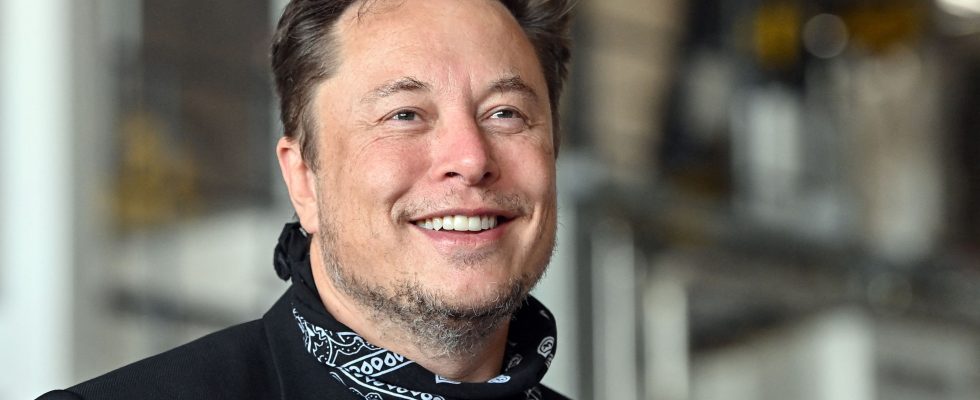Kim Stanley Robinson could have invented Musk: in a soberly titled short story Elon, the author would have told the story of a somewhat perched engineer, who became captain of an intergalactic ship responsible for saving humanity from imminent danger. In real life, the reverse happened. Elon Musk drew on Robinson’s work to write the novel of his life and build an empire in the service of a crazy idea that he has been selling to the entire planet for more than twenty years: to take man to Mars to create a new branch of humanity there.
In the pantheon of great science fiction writers, Kim Stanley Robinson has a special place, somewhere between Isaac Asimov (Cycle of robots, Cycle of fripple), Arthur C. Clarke (2001, a space odyssey) and the very prolific Robert A. Heinlein. His major work, The Martian Trilogy, published between 1992 and 1996 was a worldwide success. These three cobblestones tell the story of four generations of the terraforming of the red planet. No lightsabers, no interstellar cruisers, no threatening alien creatures. With Robinson, time expands. You have to hang on, go beyond the long scientific descriptions to slip into the stories invented by this septuagenarian who lives recluse in the ecological haven of Davis, California. Robinson is not a Twitter-era writer or author of page turner, but rather a kind of Stendhal of SF.
For a long time, visitors entering Musk’s office at SpaceX’s Hawthorne headquarters were greeted by three large posters pinned to the wall depicting the metamorphosis of the planet Mars: Red Mars, Green Mars, Blue Mars. At Musk, nothing is due to chance and the nod to Robinson is strong. Fed up with American comics and the sagas of the golden age of SF, the boss even baptized his family office, the fund that manages his personal fortune, Excession, named after a short story by another science fiction author, Iain Banks.
Neither hero nor villain
So inevitably, the desire tickled us to know what Robinson thinks of the projects of the fiery CEO. “I admire him”, replied the writer straight away. “I admire him because with SpaceX and especially Tesla, he helped develop technologies that will enable civilization to fight climate change by lowering CO2 emissions. I also admire him because he had the courage to confess publicly, during a television show, his own neurodivergences. In today’s world, that of social media, where you have to be divisive, you are either a hero or a villain. Musk does not is neither. He is obviously intelligent, dynamic and imaginative, but not so much that he should be feared or adored.”
The two men met in 2001 at a dinner for the Mars Society, a club of researchers that promotes the colonization of the red planet. At the time, Musk was just one of those tech millionaires, an “upstart” who was bored after being sidelined at Paypal. “We had a nice conversation and, subsequently, I went several times to SpaceX to give conferences to the employees of the box”, continues Robinson. “And his project of Martian conquest?”, we ask. There, things go wrong and his opinion is much less glowing: “He is obsessed with Mars and I understand it: I too have been for almost twenty years. But what is clear is that Musk totally underestimates the risks of such a long journey in space and the extreme dangers of life on Mars. His Mars dream is bad science fiction. Today, the emergency does not is not to conquer another planet but to do everything to save the Earth”, tackles Kim Stanley Robinson.
In his latest novelAurora, which recounts the failure of a mission to an unknown planet, the writer stages an artificial intelligence which saves the ship and accompanies the crew throughout the return to an Earth plagued by pollution. On the AI, too, Musk gets it wrong waving the red rag, attacks the author. “Looking at AI as ‘extremely fast computing’ makes it less scary and less interesting, and more relevant to what it does. The word ‘intelligence’ is too broad in its meanings to be helpful in thinking about these machines,” concludes Robinson. History will tell us what place he reserves for Muskian dreams in his next novels.
